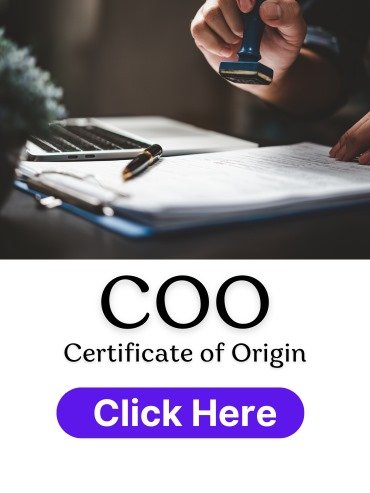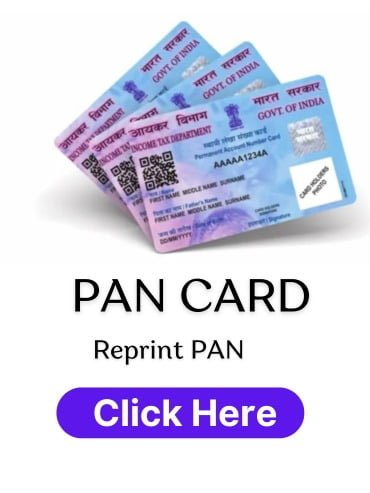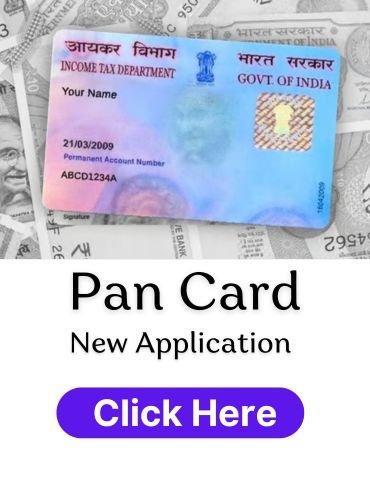Certificate of Origin
Original price was: ₹2,500.00.₹1,000.00Current price is: ₹1,000.00.
Get DGFT approved certificate
18% GST will be Applicable
*For better experience & guidance we recommend you to talk with our experts*
Description
Certificate of Origin
Certificate of Origin A Certificate of Origin (COO) is an important international trade document that certifies the country of origin of goods being exported. It serves as a declaration by the exporter, providing crucial information about the place where the goods were manufactured, produced, or processed.
7 Key Components of a Certificate of Origin
1. Exporter Information:- This includes details such as the name, address, and contact information of the exporter or the company shipping the goods.
2. Importer Information:- The COO may also contain information about the importer or the company receiving the goods, including their name and address.
3. Description of Goods:- A detailed description of the goods being exported is provided, including their quantity, value, and any specific identifying marks or numbers.
4. Country of Origin:- The most crucial element of the COO is the declaration of the country where the goods were manufactured, produced, or processed. This information is essential for customs authorities to determine the eligibility for preferential trade agreements, tariffs, or quotas.
5. Exporter Declaration:- The exporter or their authorized representative must sign a declaration on the COO, confirming the accuracy of the information provided and certifying that the goods meet the specified origin criteria.
6. Certification by Issuing Authority:- The COO is typically endorsed or stamped by a designated authority, such as a chamber of commerce, a trade association, or a government agency, which verifies the accuracy of the information provided.
7. Date of Issuance:- The COO includes the date on which it was issued, indicating its validity period and ensuring that it corresponds with the shipment of goods.
4 Importance of Certificate of Origin
1. Customs Clearance:- A COO is often required by customs authorities in the importing country to verify the origin of goods and assess applicable tariffs, duties, or restrictions.
2. Preferential Tariff Treatment:- Many countries offer preferential tariff treatment to goods originating from certain countries, as per bilateral or multilateral trade agreements. A COO is necessary to claim such preferential treatment.
3. Avoidance of Disputes:- By providing clear documentation of the origin of goods, a COO helps prevent disputes or challenges regarding the country of origin, ensuring smooth trade transactions.
4. Compliance with Regulations:- Exporters must comply with the regulations of both the exporting and importing countries. A COO demonstrates compliance with the import regulations of the destination country.
Conclusion:-
In conclusion, a Certificate of Origin is a vital document in international trade, providing essential information about the origin of goods and facilitating customs clearance while ensuring compliance with trade regulations and agreements.
FAQs about Certificate of Origin
1. What is a Certificate of Origin (CO)?
A Certificate of Origin is a document issued by an authorized body certifying the origin of goods exported from a particular country. It serves as proof that the goods originated from a specific country and often plays a crucial role in international trade transactions.
2. Why is a Certificate of Origin required?
A CO is required to determine the origin of goods for customs clearance, assess applicable tariffs, qualify for preferential trade agreements or benefits, and comply with import regulations of the destination country.
3. Who issues the Certificate of Origin?
COs are typically issued by chambers of commerce, trade associations, or government authorities designated as competent authorities for certifying the origin of goods.
4. What information is included in a Certificate of Origin?
A CO typically includes details such as exporter’s and importer’s information, description of goods, country of origin, manufacturing process details, HS (Harmonized System) code, and signature of the authorized signatory.
5. What are the types of Certificates of Origin?
There are various types of COs, including non-preferential COs, preferential COs (for goods eligible for preferential tariff treatment under trade agreements), and re-export COs (for goods that have been imported and re-exported without undergoing substantial transformation).
6. How is the Certificate of Origin verified?
COs are often verified by customs authorities of the importing country to ensure the accuracy and authenticity of the information provided. This may involve physical inspection of goods or scrutiny of accompanying documentation.
7. Are there specific requirements for obtaining a Certificate of Origin?
Requirements for obtaining a CO may vary depending on the destination country, type of goods, and applicable trade agreements. Typically, exporters need to provide supporting documents such as invoices, bills of lading, and manufacturing process details.
8. What is the validity period of a Certificate of Origin?
The validity period of a CO depends on the regulations of the issuing authority and the requirements of the importing country. Generally, COs are valid for a specific period, often ranging from 6 months to 1 year.
9. Can a Certificate of Origin be electronically issued?
Yes, many issuing authorities offer electronic issuance of COs through online platforms, facilitating faster processing and reduced paperwork for exporters.
10. What are the consequences of incorrect or fraudulent Certificate of Origin?
Providing incorrect or fraudulent information in a CO can lead to delays in customs clearance, imposition of penalties or fines, rejection of goods, and damage to the exporter’s reputation. It’s essential for exporters to ensure accuracy and compliance when applying for a CO.
For More Information : https://taxgyany.com/product/certificate-of-origin/





Reviews
There are no reviews yet.